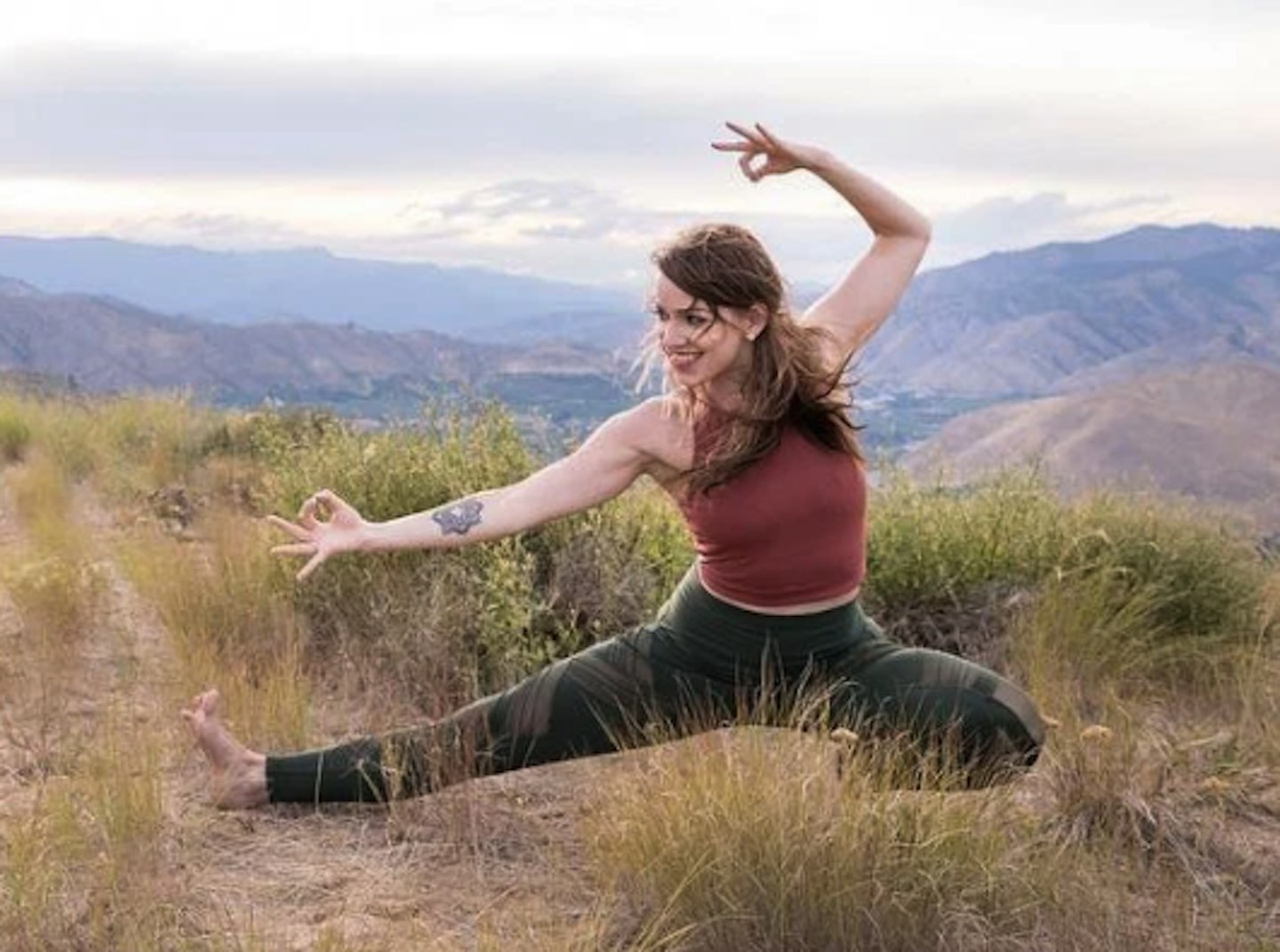An American mother has lost custody of her daughter in Saudi courts after lawyers successfully argued that her Instagram posts were a basis for being an unfit parent.
Were they the type of content Instagram explicitly bans - i.e: drug use, nipples or violent? Actually, Bethany Vierra's photos were similar to what you might put on your own Instagram: some yoga poses from her job as a yoga teacher, the odd summer outfit and some pictures from when she attended the Burning Man festival.
Submitting her social media posts as evidence in the Saudi courts, lawyers have argued that Bethany's photos were 'full of nudity, intermingling of the two sexes and a lot of things and actions contrary to our religion and customs and traditions’.
Her application for sole custody of her daughter, Zaina, 4, has been rejected on the basis that she would expose her daughter to 'Western cultures'.

Bethany's own argument for sole custody - that her ex-husband both uses drugs and is verbally abusive - allegations he denies - was disregarded by the judge. In a Facebook post, she wrote: 'What is my crime? Doing a handstand? Not being Saudi? Not covering my body while I was on vacation in the United States of America?'
Continuing to speak about her ex-husband's claim to custody, Bethany wrote 'It was hard enough when the judge heard all the injustice and abuse that Z and I had endured over the years, yet still ruled that I was unfit to parent'
She added 'For the last year throughout this massive injustice of a legal battle - I have found myself at rock bottom, only to find myself being forced beneath whatever waste is under those rocks at the bottom of it all. Facing my abusers in search of justice while still they get immunity in a court of law - they commit crime after crime and walk away unscathed.' Following the court battle, Bethany has now also been placed on a 10 year travel ban by the court.
Wherever it happens in the world, for a woman to be lambasted in court based on - arguably innocent - Instagram posts, when she has indicated domestically abusive behaviors by her ex-partner is a concerning precedent.
It's part of a wider problem that we see played out in different courts worldwide when legal arguments are twisted against women who are often victims - whether it's miscarriage being defined as manslaughter in the US, or the fact that in some UK cases of domestic abuse violent offenders receive sentences of less than two years (but rape victims are required by law to hand over their phones to the prosecution in a 'digital strip search').
The ruling is also actually a step backward in terms of Saudi Arabia's recent changes in laws surrounding women's rights. Only this month, the laws were changed in Saudi Arabia to allow women over the age of 21 to apply for passports. Amendments now mean that Saudi women can also now be eligible as a guardian to children who are minors, and have the right to register child birth, marriage and divorce.
Bethany pointed out that she does not believe that this an issue caused by Sharia law, but rather that it originates in the attitudes of the legal system and courts. 'The judge's ruling is far from sharia law that would protect my rights as her mother to be with my young child until she reaches the age of maturity,' she wrote 'it’s far from international treaties that have been signed and ratified by Saudi Arabia (CRC & CEDAW) vowing to protect children from abusive environments and me from discrimination under the law.'
We hope that Bethany and Zaina will be re-united and that the injustices she has experienced in court will be rectified to reflect Saudi Arabia's - gradually shifting - attitude towards the legal rights of women and mothers.
